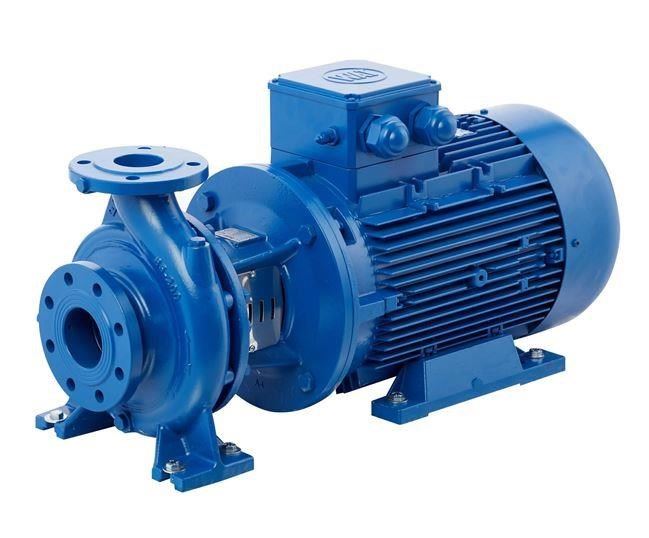How to Choose the Right Type of Pump for Your Business
Jul 01, 2023 03:10
Most business owners find it extremely difficult to know which type of pump is suitable for their business. While you might not think this is a big deal, it can be. Not choosing the right pump can increase your operating and maintenance costs. As well as this, it can reduce the lifespan of the pump you install. So, how do you choose the right pump for your business? Keep reading below to find out:

Understand the Different Types of Pumps
There are three main types of pumps for commercial or industrial use:
Centrifugal pumps
These are the most common pumps used in businesses. Operating on the surface or underground, they pump wastewater as it enters the pump by turning around incredibly fast via an impeller. The propeller moves the wastewater to the edge via the principles of centrifugal force. This type of pump is easy to install, small, and they don't clog up like other pumps. If looked after properly, they can last for years before needing replacing.
Submersible pumps
Unlike other pumps, this pump can only work when submersed fully in water. Submersible pumps push water to the surface by converting rotary energy into kinetic energy. This type of pump is mainly used to move liquids but can be used to move some solids.
Positive displacement pumps
This type of pump traps a small amount of water before pushing it through the pump to a discharge point. They have a limited flow rate, which is unlikely to be suitable for industrial applications.
Tips for Choosing the Right Pump for the Job
It's important to realize that not all pumps are created the same. While almost all businesses use pumps, from chemical vats to swimming pools to fuel depots, each application can have its own unique challenges. This can make choosing a pump extremely difficult. To help you out, here are some things you should consider when searching for a pump for your business:
• Fluid – The first thing you must consider is the fluid passing through your pump. Fuels and chemicals can ruin pumps that aren't built for the task. Choose a pump designed to handle the consistency and corrosiveness of the liquid you want to transport.
• Your desired flow rate – You can calculate this by multiplying the amount of time you want to move the liquid in by the total volume. This will help you to find a pump that meets your needs.
• Vapor pressure – To reduce the chances of cavitation, it's essential to ensure you choose a pump that is rated for your fluid's vapor pressure.
• Operating temperature – You must check that the pump you choose can operate at the temperature of the liquid you will be pumping.
• Self-priming or not? – Automatic self-priming pumps offer the potential for increased efficiencies; however, they’re not suitable for all businesses. Before purchasing one, you will need to determine whether they are suitable for your business.
Contact a Pump Specialist for Advice
If you're still unsure which type of pump is right for your business, it might be a good idea to contact a pump specialist. They will be able to advise you on the best type of pump for you.
Choosing the right pump for your business has many benefits. Not only can it save you money, but it can also increase the lifespan of the pump. So, when installing a new pump, make sure you choose one suitable for the task at hand.







































































